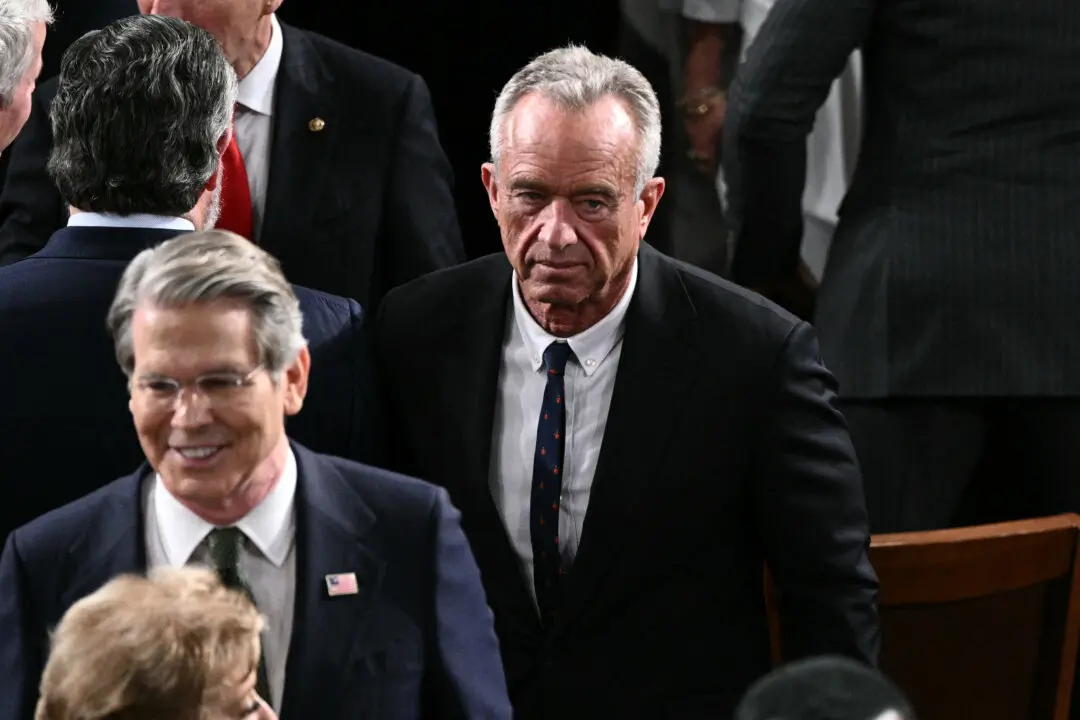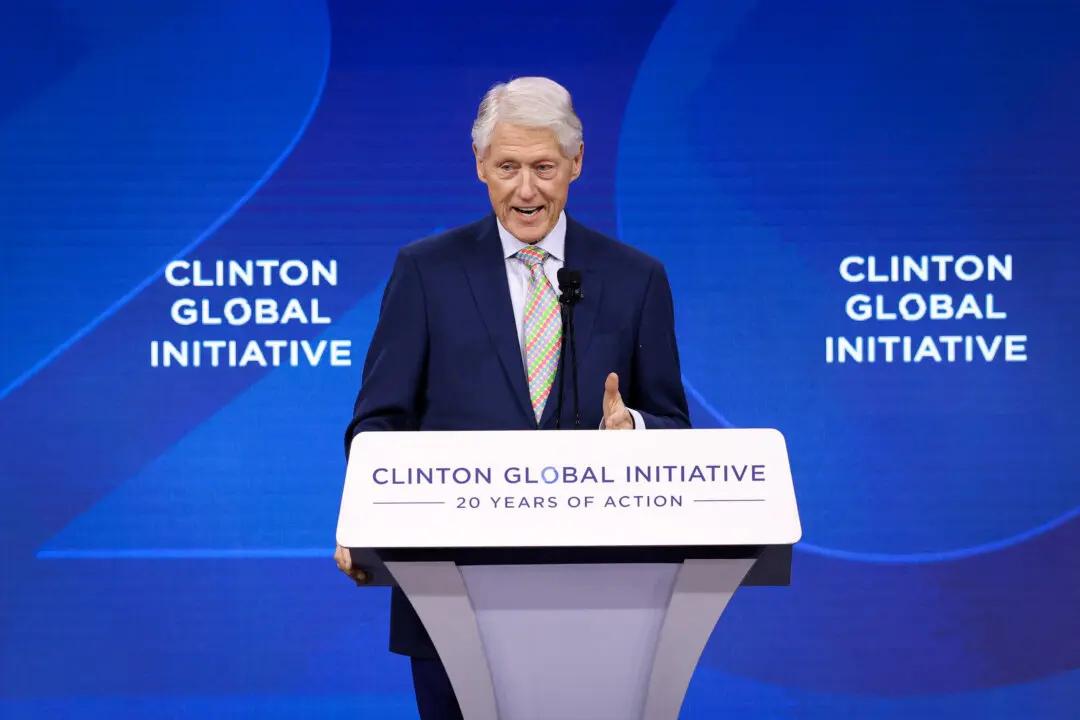President Joe Biden on Oct. 6 announced he has chosen to pardon every person who was convicted of possessing marijuana on a federal level or in the District of Columbia.
“There are thousands of people who were previously convicted of simple possession who may be denied employment, housing, or educational opportunities as a result. My pardon will remove this burden,” Biden said in a statement.





